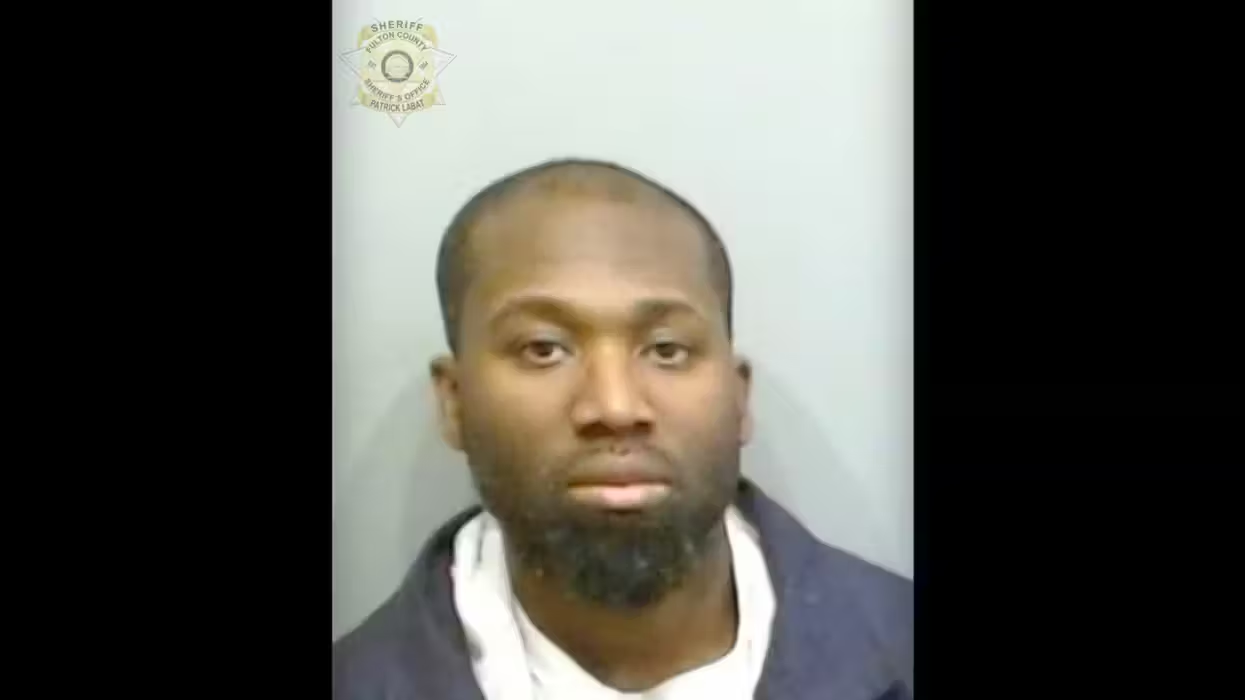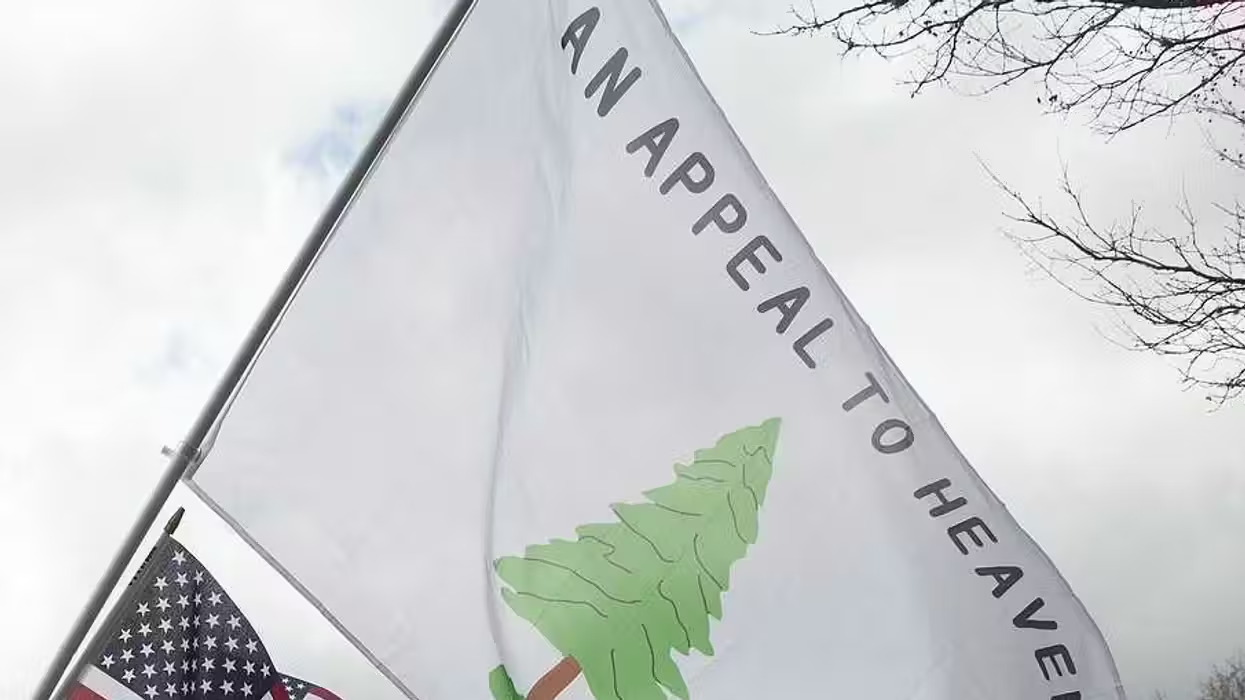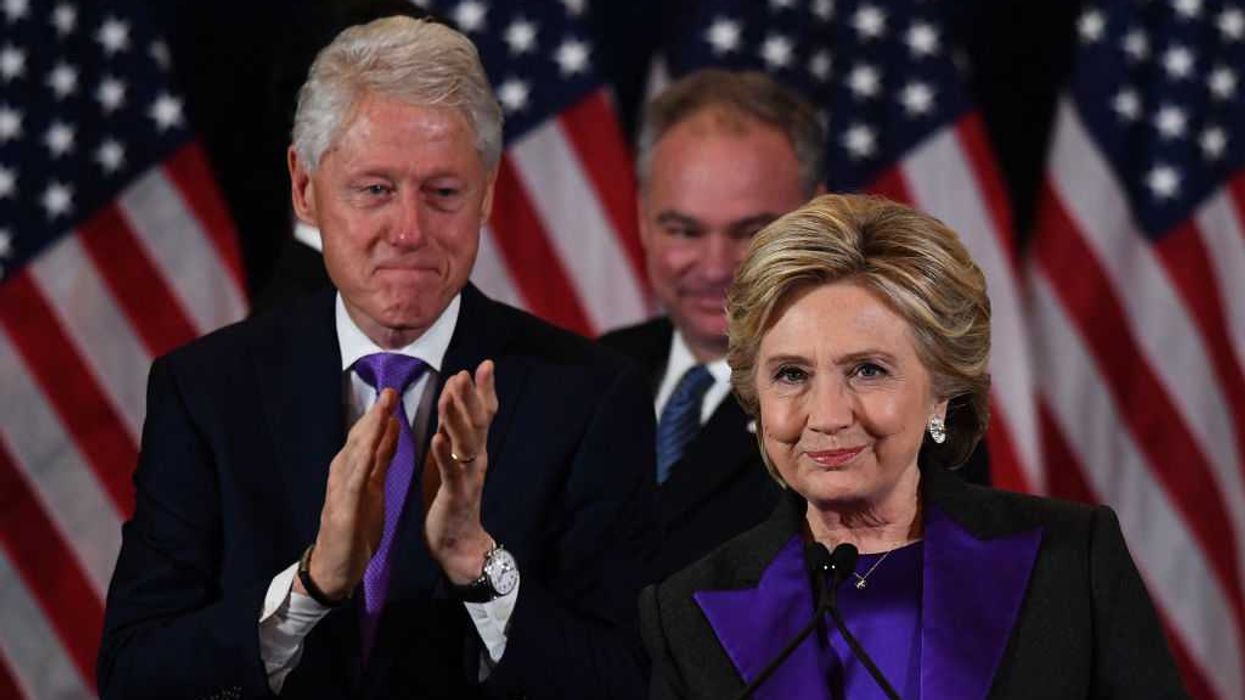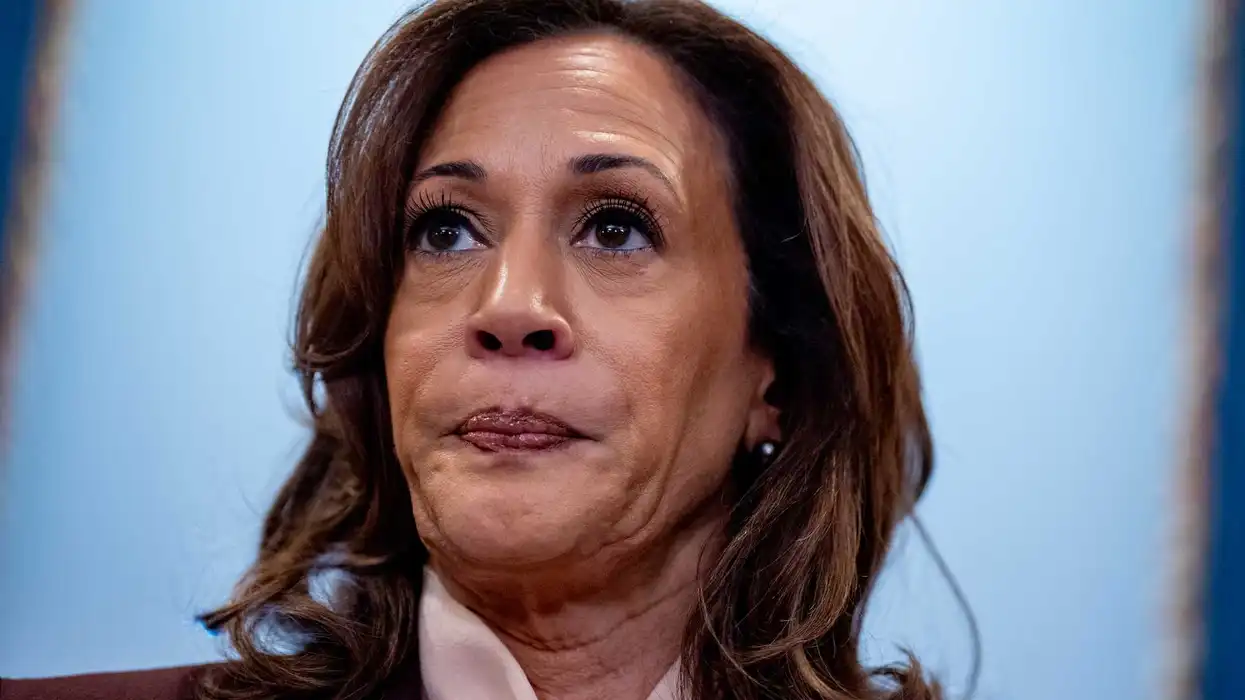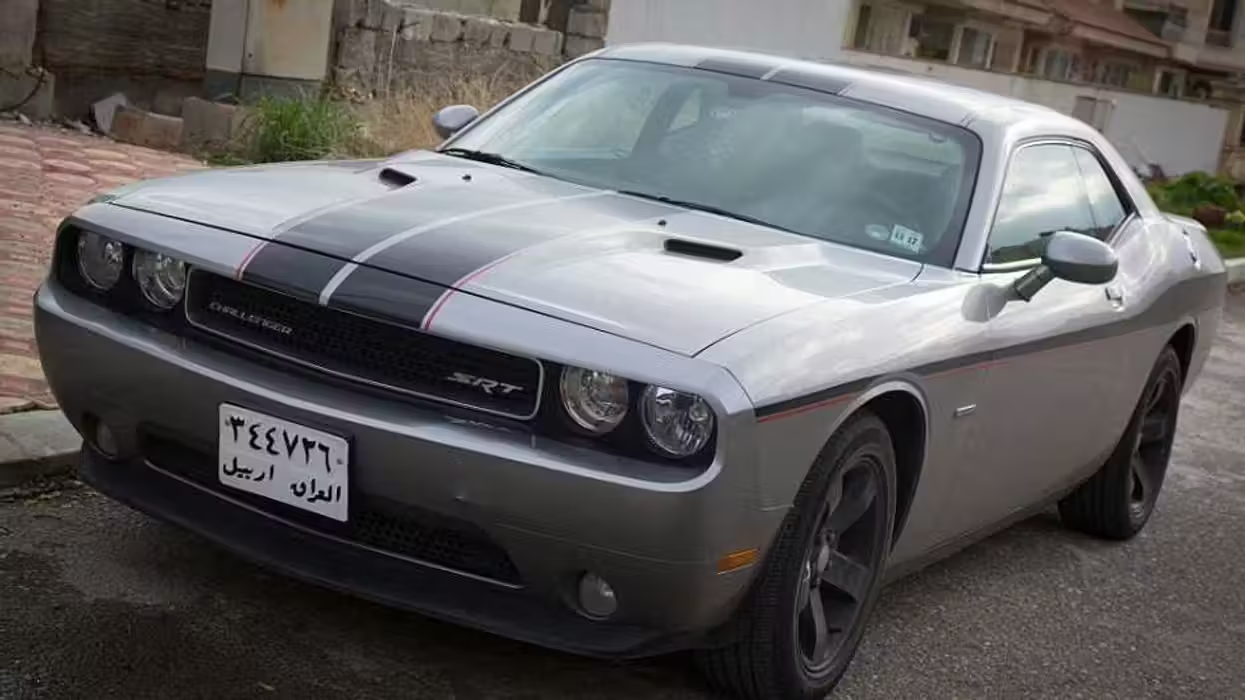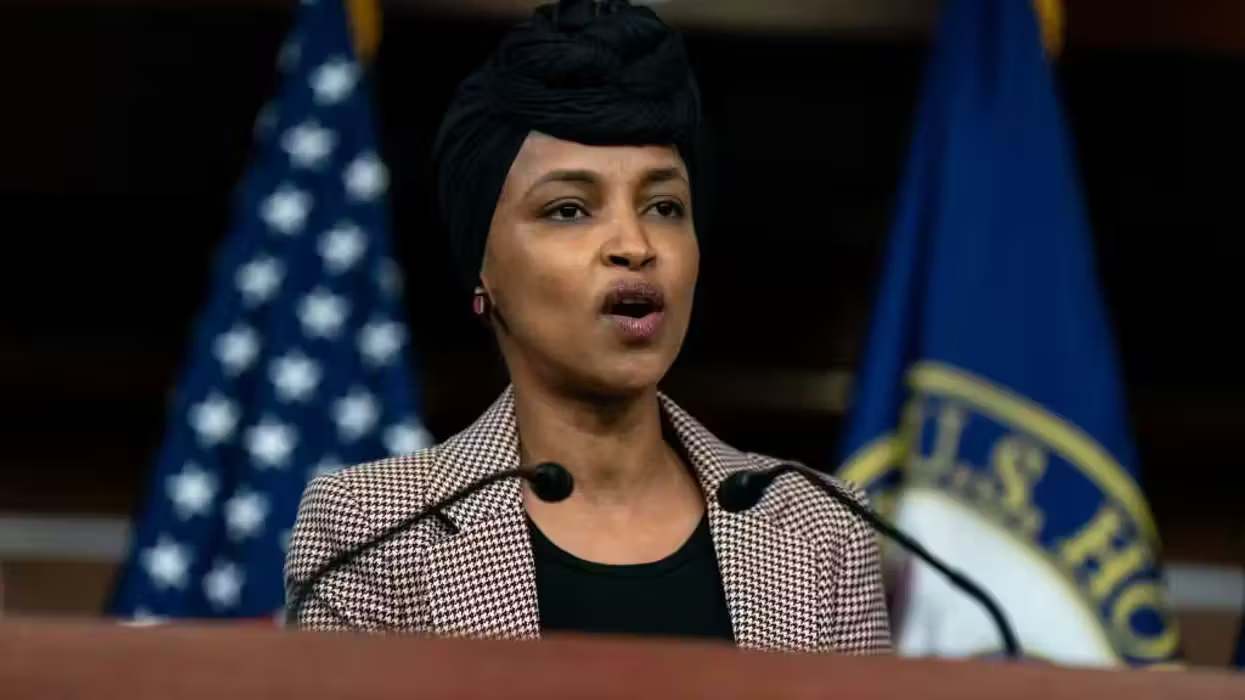
© 2025 Blaze Media LLC. All rights reserved.
TSA Deletes Passenger's Camera Footage at Puerto Rico Airport Sparking Constitutional Questions
October 01, 2012
"It must have fallen on the ground."
Although Carlos Miller, who maintains the advocacy blog Photography Is Not a Crime on Pixiq, generally writes about instances when police have taken cameras and deleted pictures or video footage, this time he's bringing up a case involving the U.S. Transportation Security Administration.
Miller was emailed by St. Kitts-bound passenger Tom McCormack recounting how the TSA in Puerto Rico confiscated and allegedly deleted footage he was taking of them before returning his device. He began filming the TSA checkpoint when he was approached by an agent who said he had to stop. To this he responded that it was his Constitutional right, which the agent seemed to accept.

Continuing through security though, after passing through the X-ray scanner, he says he was approached by two female agents and, wanting to film the encounter, took out his camera again. Here's how he describes what happened next:
One of them approached me and violently ripped the camera from my hands. I was shocked and told her to give it back and lunged for my camera. They took my camera and passport and boarding pass and ran off to some corner to confer with one another.A police officer approached and asked where I was from. I said California.
The conversation went like this:
Me: "I'm from California. Why?"
Him: "Well, each State has its own rules.”
Me: "But this is TSA. A Federal agency. Therefore the State laws don't apply. Besides, the First Amendment of the Constitution trumps state rules."
Him: "This is an airport. You can't just videotape people. You need permission."
Me : "Nonsense, this is a public arena. There is not permission required or any expectation of privacy here."
Him: "No, Puerto Rico is not like the States. There are local laws that have nothing to do with the way they do things in the States."
McCormack goes on to say he asked for the camera back. He eventually got it but as he was walking away, he found the cartridge, which held some personal photos, had been taken. He went back to the police officer, told him he wanted the card back, and threatened to call a lawyer. He got the card, McCormack wrote to Miller, but the videos were deleted.
The explanation McCormack says he received: "It must have fallen on the ground." This one bit of footage was recovered. It is unclear who the woman is in the footage though, as it appears she is wearing regular clothes, not an official uniform:
The discussion regarding discrepancies between what Constitutional rights and laws would be applicable in this event, Miller writes, has been occurring on Flyer Talk. Here's what the user mkt wrote (emphasis added):
Puerto Rico is US property, but is not part of the US. And we have a completely unique culture, which while compatible with US culture, is separate from it. Among those cultural elements are our own laws, our own constitution, and our own legal system.[...]
And after showing this thread to 3 different local attorneys:
- Believes that the OP violated the TSO's right to privacy under Article 2, sec 8 of the Puerto Rico, since while they may be government employees, they are not considered public figures (elected). He said if this were to go to local court, you'd lose - you'd have to take it to federal court to have a chance of winning.
- Believes that only government can infringe on a persons rights. However, they also believe that a case might exist where the TSO can sue to OP. Her words.. "he's fu**ed", and she cited this from the TSA's own website:
"While the TSA does not prohibit photographs at screening locations, local laws, state statutes, or local ordinances might."
And while not 100% certain, she believes that there is a local regulation that also prohibits video at SJU.
- Believes the TSA's right to privacy was violated, but cannot be sure until a court decides.
Another user on the site responded writing that filming in public places is recognized as a First Amendment right and that the U.S. Constitution does in fact apply in Puerto Rico. A part of the U.S. Constitution that does not apply to citizens in Puerto Rico though is voting in the general presidential election.
Related:
- Cops Arrested Journalist at Occupy Miami and Allegedly Deletes His Video...That He Later Recovers
- Texas Cop Shoots Suspect 41 Times -- And Police Confiscate Cellphone With Photos of It All
This story has been updated for clarification.
(H/T: Drudge Report)
Want to leave a tip?
We answer to you. Help keep our content free of advertisers and big tech censorship by leaving a tip today.
Want to join the conversation?
Already a subscriber?
more stories
Sign up for the Blaze newsletter
By signing up, you agree to our Privacy Policy and Terms of Use, and agree to receive content that may sometimes include advertisements. You may opt out at any time.
Related Content
© 2025 Blaze Media LLC. All rights reserved.
Get the stories that matter most delivered directly to your inbox.
By signing up, you agree to our Privacy Policy and Terms of Use, and agree to receive content that may sometimes include advertisements. You may opt out at any time.

